Energy Storage
Overcome Limitations and Power Your Home
Explain Energy Storage
Energy storage is an important aspect of solar energy systems. Since solar panels produce electricity only when the sun is shining, excess energy generated during daylight hours needs to be stored for use at night or on cloudy days. Energy storage systems typically use batteries to store the excess energy generated by solar panels.
The stored energy can then be used during times when the solar panels are not generating enough energy to meet the home's needs. Energy storage not only allows for greater energy independence but can also help reduce the overall cost of energy by reducing the need to purchase electricity from the grid during peak hours.
How will energy storage help me?
Energy storage helps solar owners in several ways. Firstly, it allows them to use more of the energy produced by their solar panels rather than exporting it back to the grid. This can help reduce their reliance on the grid and lower their energy bills.
Secondly, energy storage provides greater energy independence, allowing homeowners to power their homes even during power outages or times when the grid is down.
Thirdly, energy storage can help maximize the benefits of net metering programs by allowing solar owners to use stored energy during peak hours when electricity prices are higher.
Finally, energy storage can help reduce the overall carbon footprint of a home or business by promoting the use of renewable energy and reducing reliance on fossil fuels.
FAQ's about Energy Storage
-
How does energy storage work with solar panels?
Energy storage systems typically use batteries to store excess energy generated by solar panels. The stored energy can then be used during times when the solar panels are not generating enough energy to meet the home's needs.
-
What are the benefits of energy storage for solar owners?
Energy storage provides greater energy independence, allows homeowners to use more of the energy produced by their solar panels, maximizes the benefits of net metering programs, and helps reduce the overall carbon footprint of a home or business.
-
How much do energy storage systems cost?
The cost of an energy storage system for residential use in Canada can vary depending on several factors such as the size of the system, the type of batteries used, and installation costs. As of 2021, the cost of a typical residential energy storage system in Canada can range from $7,000 to $20,000 or more. The exact cost of an energy storage system in Canada may also depend on factors such as the region and the availability of incentives or subsidies.
-
How long do energy storage batteries last?
The lifespan of energy storage batteries can vary depending on factors such as the type of battery and usage patterns. On average, most energy storage batteries last between 5 and 15 years, although some newer batteries can last up to 20 years or more with proper maintenance.
We Make it Easy!
Steps to Energy Independence
We offer white-glove treatment and custom-fit options tailored to your needs, making us your trusted guide in your power journey. Here's how we do it:
1. We analyze your power usage and property layout
2. We design you a custom renewable energy system
3. We install your power system with expert care.
Enjoy the reliability!
Hours & Address
Monday --- 9:00 AM–4:30 PM
Tuesday --- 9:00 AM–4:30 PM
Wednesday --- 9:00 AM–4:30 PM
Thursday --- 9:00 AM–4:30 PM
Friday --- 9:00 AM–4:30 PM
Saturday --- by appointment only
Sunday --- by appointment only
12667 Highway 35, Unit 2,
P.O. Box 514,
Minden ON K0M 2K0
Navigation Links
Copyright © 2024 Haliburton Solar and Wind - All Rights Reserved.
